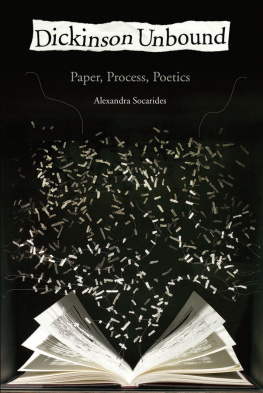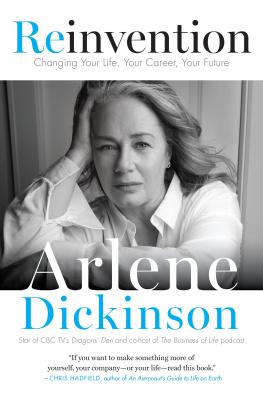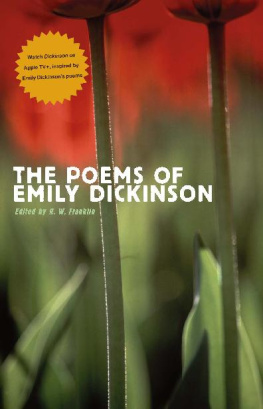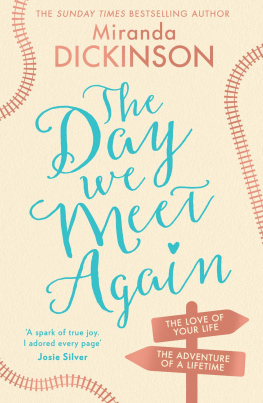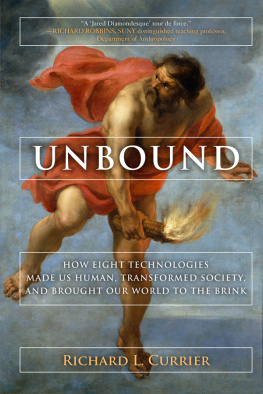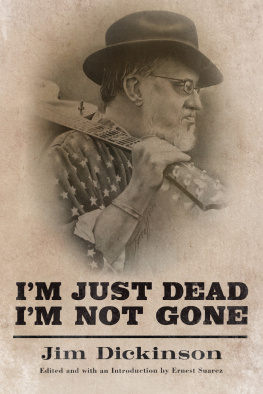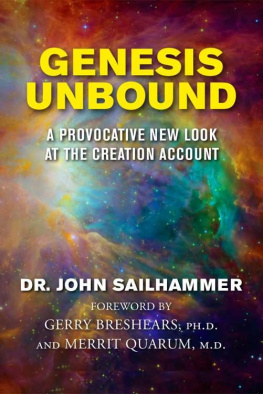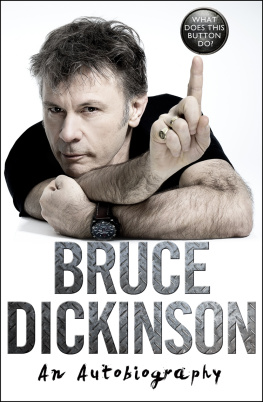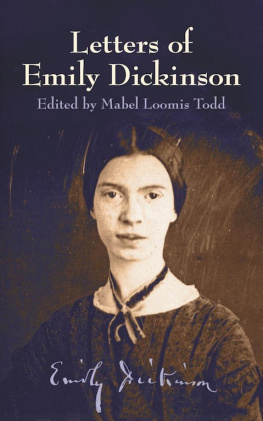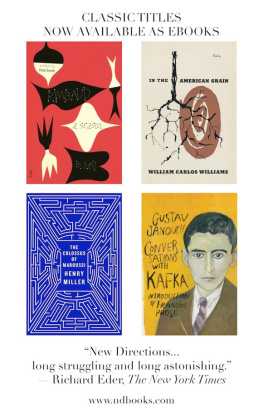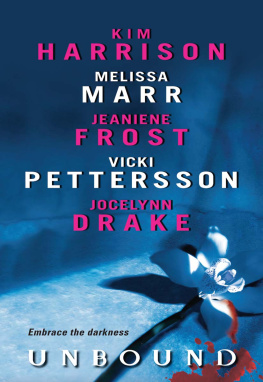Alexandra Socarides - Dickinson Unbound
Here you can read online Alexandra Socarides - Dickinson Unbound full text of the book (entire story) in english for free. Download pdf and epub, get meaning, cover and reviews about this ebook. year: 2014, publisher: OxfordUP, genre: Romance novel. Description of the work, (preface) as well as reviews are available. Best literature library LitArk.com created for fans of good reading and offers a wide selection of genres:
Romance novel
Science fiction
Adventure
Detective
Science
History
Home and family
Prose
Art
Politics
Computer
Non-fiction
Religion
Business
Children
Humor
Choose a favorite category and find really read worthwhile books. Enjoy immersion in the world of imagination, feel the emotions of the characters or learn something new for yourself, make an fascinating discovery.
- Book:Dickinson Unbound
- Author:
- Publisher:OxfordUP
- Genre:
- Year:2014
- Rating:3 / 5
- Favourites:Add to favourites
- Your mark:
- 60
- 1
- 2
- 3
- 4
- 5
Dickinson Unbound: summary, description and annotation
We offer to read an annotation, description, summary or preface (depends on what the author of the book "Dickinson Unbound" wrote himself). If you haven't found the necessary information about the book — write in the comments, we will try to find it.
Dickinson Unbound — read online for free the complete book (whole text) full work
Below is the text of the book, divided by pages. System saving the place of the last page read, allows you to conveniently read the book "Dickinson Unbound" online for free, without having to search again every time where you left off. Put a bookmark, and you can go to the page where you finished reading at any time.
Font size:
Interval:
Bookmark:

Dickinson Unbound

Oxford University Press is a department of the University of Oxford.
It furthers the Universitys objective of excellence in research, scholarship,
and education by publishing worldwide.
Oxford New York
Auckland Cape Town Dar es Salaam Hong Kong Karachi
Kuala Lumpur Madrid Melbourne Mexico City Nairobi
New Delhi Shanghai Taipei Toronto
With offices in
Argentina Austria Brazil Chile Czech Republic France Greece
Guatemala Hungary Italy Japan Poland Portugal Singapore
South Korea Switzerland Thailand Turkey Ukraine Vietnam
Oxford is a registered trade mark of Oxford University Press
in the UK and certain other countries.
Published in the United States of America by
Oxford University Press
198 Madison Avenue, New York, NY 10016
Oxford University Press 2012
First issued as an Oxford University Press paperback, 2014.
All rights reserved. No part of this publication may be reproduced, stored in a
retrieval system, or transmitted, in any form or by any means, without the prior
permission in writing of Oxford University Press, or as expressly permitted by law,
by license, or under terms agreed with the appropriate reproduction rights organization.
Inquiries concerning reproduction outside the scope of the above should be sent to the Rights
Department, Oxford University Press, at the address above.
You must not circulate this work in any other form
and you must impose this same condition on any acquirer.
Material from The Poems of Emily Dickinson reprinted by permission of the publishers and the Trustees of
Amherst College. The Poems of Emily Dickinson, edited by Ralph Franklin, Cambridge, Mass.: The Belknap
Press of Harvard University Press, Copyright 1998, 1999 by the President and Fellows of Harvard College.
Copyright 1951, 1955, 1979, 1983 by the President and Fellows of Harvard College.
Material from The Letters of Emily Dickinson reprinted by permission of the publishers.
The Letters of Emily Dickinson, Thomas H. Johnson, ed., Cambridge, Mass.: The Belknap Press of
Harvard University Press, Copyright 1958, 1986 by The President and Fellows of
Harvard College; 1914, 1924, 1932, 1942 by Martha Dickinson Bianchi;
1952 by Alfred Leete Hampson; 1960 by Mary L. Hampson.
Rethinking the Fascicles: Dickinsons Writing, Copying, and Binding Practices
was first published in Emily Dickinson Journal 15, no. 2 (2006): 6994.
Reprinted with permission by The Johns Hopkins University Press.
The Poetics of Interruption: Dickinson, Death, and the Fascicles was first published in
A Companion to Emily Dickinson, ed. Martha Nell Smith and Mary Loeffelholz. Malden,
MA: Blackwell (2008): 309333. Reprinted with permission by Blackwell Publishing.
Library of Congress Cataloging-in-Publication Data
Socarides, Alexandra.
Dickinson unbound : paper, process, poetics / Alexandra Socarides.
p. cm.
Includes bibliographical references and index.
ISBN 978-0-19-985808-8 (cloth : acid-free paper); 978-0-19-938023-7 (paperback : acid-free paper)
1. Dickinson, Emily, 1830-1886Criticism and interpretation. I. Title.
PS1541.Z5S675 2012
811'.4dc23 2011043282
I am grateful to the many archives and special collections that provided me with access to their holdings, with time amongst their materials, and in some cases, with financial support, without which this book would not have been possible. To Mike Kelly, Margaret Dakin, Peter Nelson, Mariah Sakrejda-Leavitt, and Daria DArienzo at the Amherst College Archives and Special Collections; to Leslie Morris at the Houghton Library; to Sean Casey and Eric Fraser at the Boston Public Library Rare Books and Manuscripts Department; and to Caroline Sloat, Jaclyn Penny, Thomas Knoles, and the family of Stephen Botein at the American Antiquarian Society. Thanks, also, to each of these archives for providing me with the fantastic images that appear in this book, and to Dinah Fried for making the perfect illustration of how Dickinson made her fascicles. This project has been funded by many sources over the years, and I am indebted to the people at institutions (both large and small) who read my many proposals and thought that such a book was worth their support. Thanks to Rutgers University for the Kalstone Grant, a Mellon Travel Grant, and a Mellon Summer Seminar Grant; to the Emily Dickinson International Society for a Graduate Research Fellowship and the Scholar in Amherst Award; to the National Humanities Seminar for a spot in Sharon Camerons 2008 Summer Literary Institute on Dickinson; and to the University of Missouris Research Council, Research Board, and Center for Arts and Humanities. An earlier version of part of appeared in A Companion to Emily Dickinson . I am grateful to Johns Hopkins University Press and Blackwell Publishing for giving me permission to reprint them here; thanks also to the editorsCristanne Miller, Martha Nell Smith, and Mary Loeffelholzfor including my work in these publications. Lastly, I am enormously lucky to have had this book fall into the hands of Brendan ONeill at Oxford University Press; he took care of it (and me) at every stage and secured three fantastic anonymous readers, each of whom saw what I was trying to do and helped me to do it better.
If the institutions and funding sources made the research possible, it was the people who surrounded me that made the writing of this book possible. For early inspiration in the ways of reading poetry, I would like to thank Robert Farnsworth, Marie Howe, and Suzanne Hoover. They each made it so that by the time I arrived at graduate school, I already knew how to eat, sleep, and breath the poems I loved. At Rutgers University, I had the privilege of learning from a wonderful assortment of scholars, including and in particular, Carolyn Williams, Michael McKeon, Michael Warner, Myra Jehlen, Colin Jager, and Richard Miller. Alison Shonkwiler, Kristie Allen, and Sunny Stalter-Pace read the earliest drafts, offered incisive feedback, and generally made writing a dissertation a whole lot less painful. Since arriving at the University of Missouri, I have had the pleasure of working in an enormously supportive and stimulating environment. Thanks, in particular, to Pat Okker, John Evelev, Tom Quirk, Noah Heringman, and Andy Hoberek, who have offered invaluable guidance along the way. I couldnt ask for a better writing group than that which is composed of Anne Myers and Frances Dickey. I am indebted to the graduate students who took my Dickinson seminar for talking Dickinson with me during the final stages of my writing, and to Mike Horton for crucial research assistance. In recent years I have come to know a fantastic assortment of nineteenth-century Americanists, many of whom have offered feedback, discussion, and criticism on this project, as well as their friendship. I am grateful to the members of the Midwest Nineteenth Century Americanist Groupespecially Melissa Homestead, Susan Harris, Laura Mielke, and Stephanie Fitzgeraldfor commenting on the first chapter; to Faith Barrett, Theresa Strouth Gaul, Desire Henderson, Jennifer Putzi, and Elizabeth Stockton for taking me under their wings and being the best interlocutors imaginable; to Chris Lukasik for being the most demanding of readers; and to Vivian Pollak for her curiosity and conversation at a crucial stage of my writing.
Throughout, I have been lucky enough to be guided by three amazing mentors, each of whose scholarship and spirit are visible on every page. To Martha Nell Smith, for modeling how to be, in equal parts, excited about what I think and humble to the work that surrounds me. To Virginia Jackson, for forcing me to rethink everything I knew and start all over again. And to Meredith McGill, for over a decade of guidance, mentorship, and friendship. When I tell my students that the most important decision they make in graduate school is choosing an excellent advisor, I speak from experience. Thanks to each of you for taking me on before I had anything to show for myself and for continuing to be there long after I should have figured it all out for myself. I hope these pages make each of you proud.
Font size:
Interval:
Bookmark:
Similar books «Dickinson Unbound»
Look at similar books to Dickinson Unbound. We have selected literature similar in name and meaning in the hope of providing readers with more options to find new, interesting, not yet read works.
Discussion, reviews of the book Dickinson Unbound and just readers' own opinions. Leave your comments, write what you think about the work, its meaning or the main characters. Specify what exactly you liked and what you didn't like, and why you think so.

